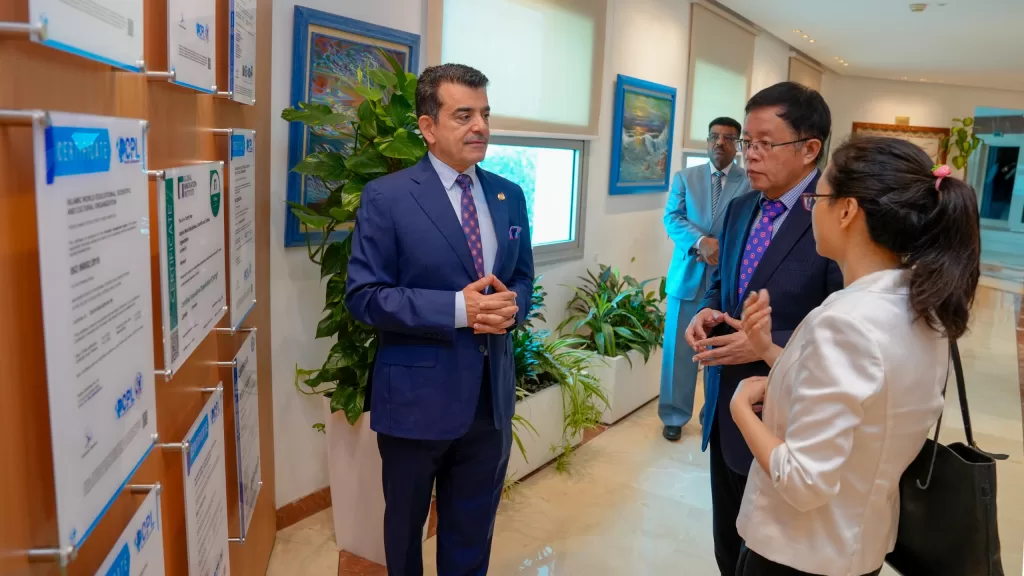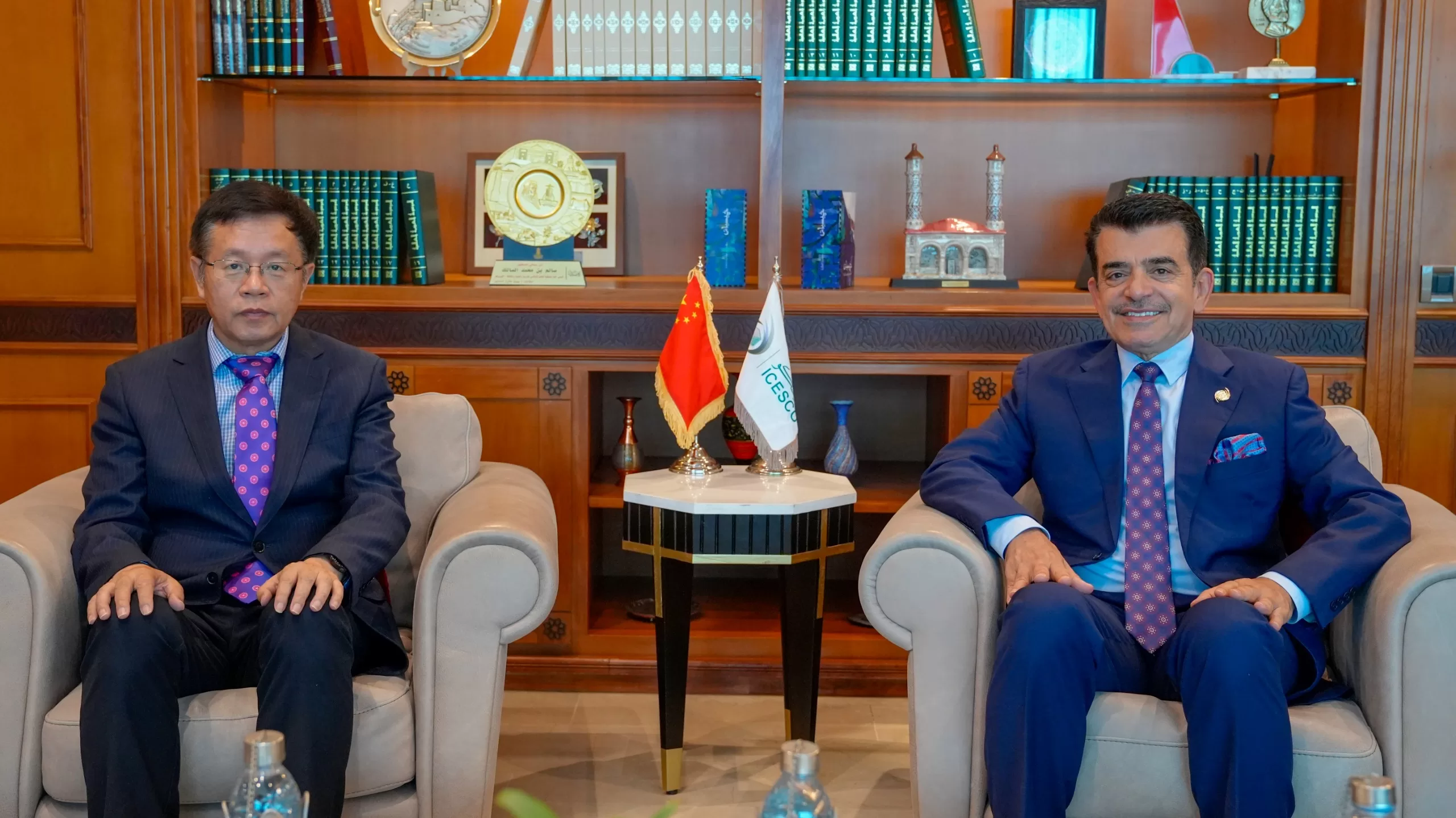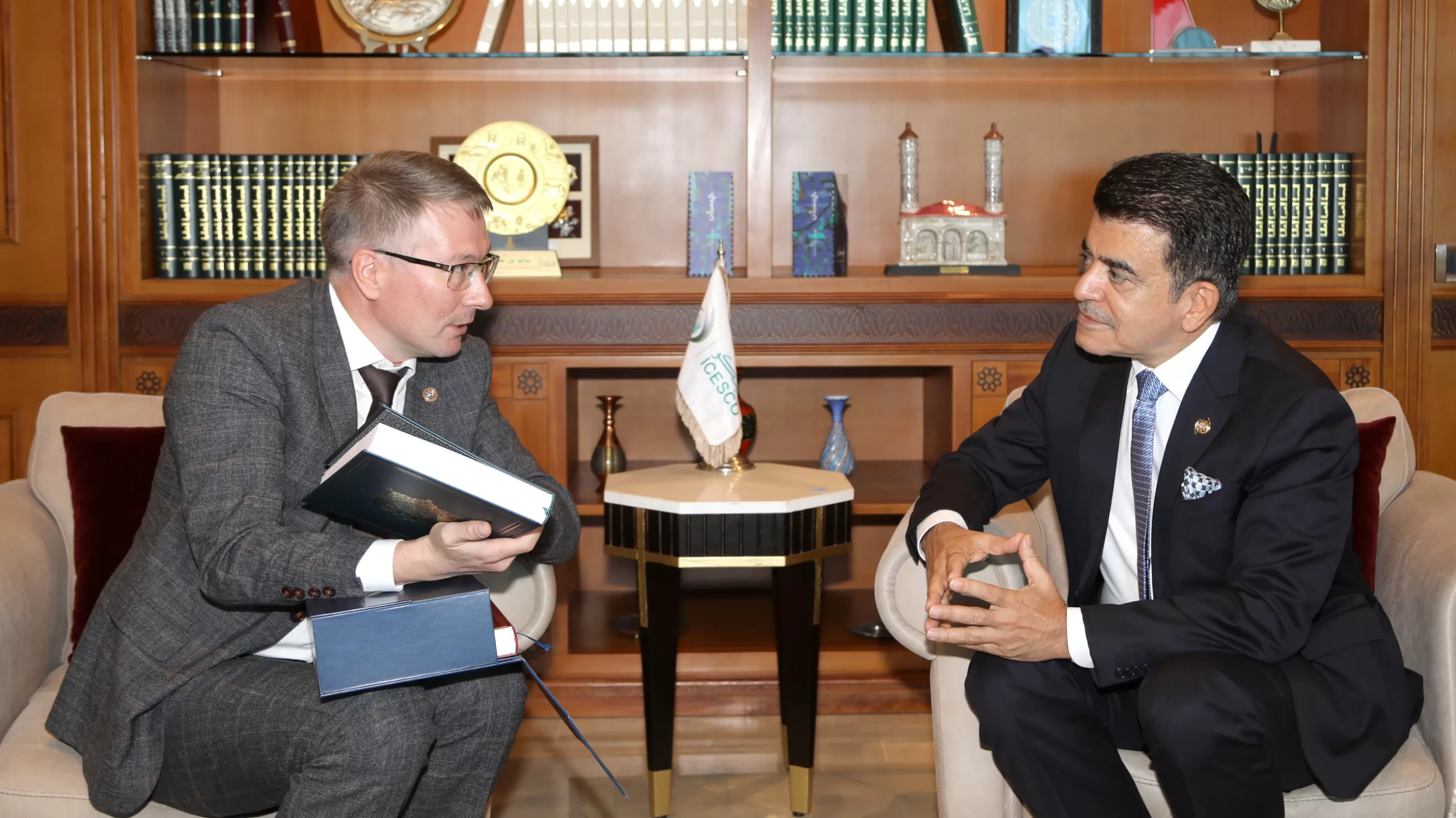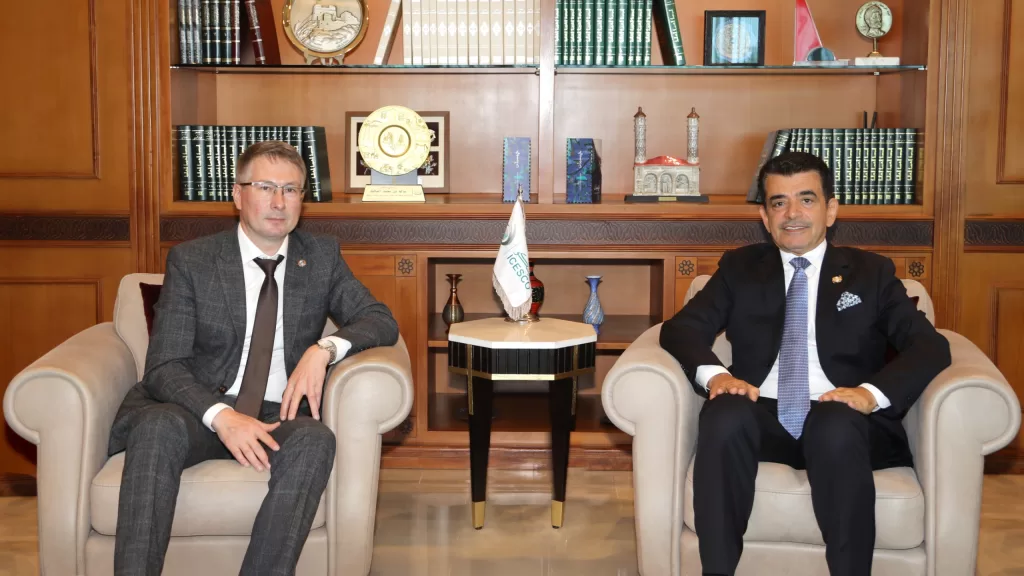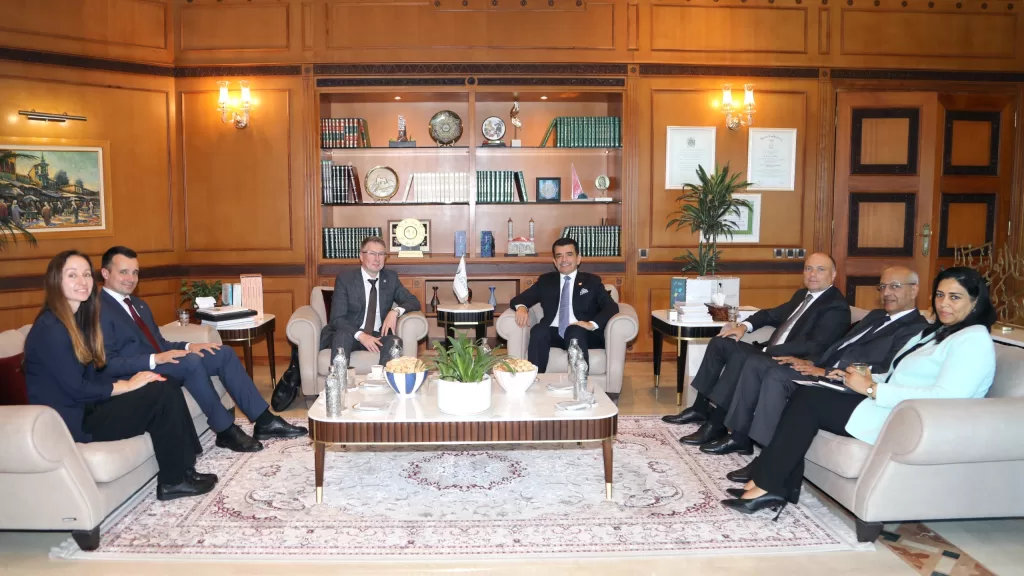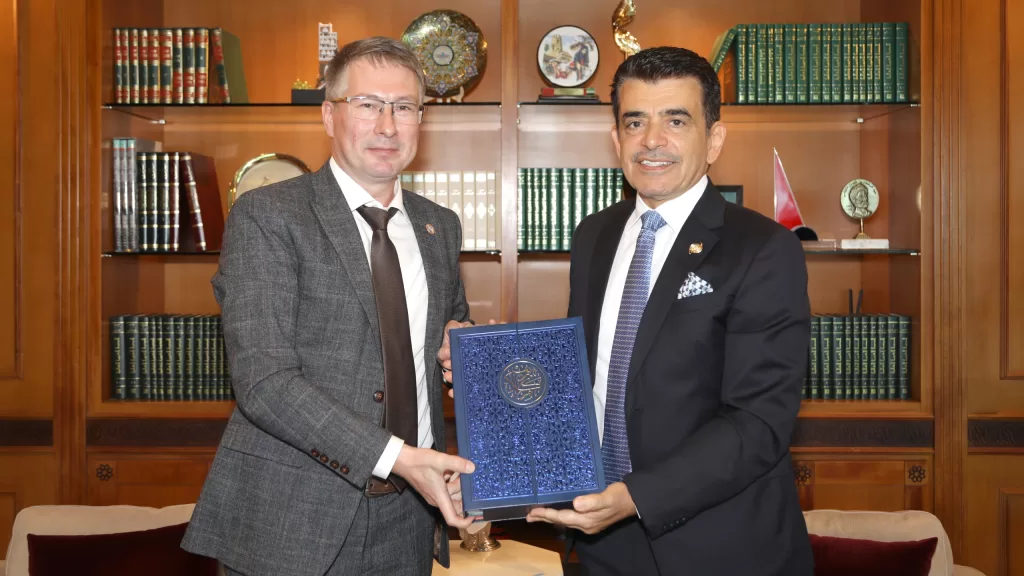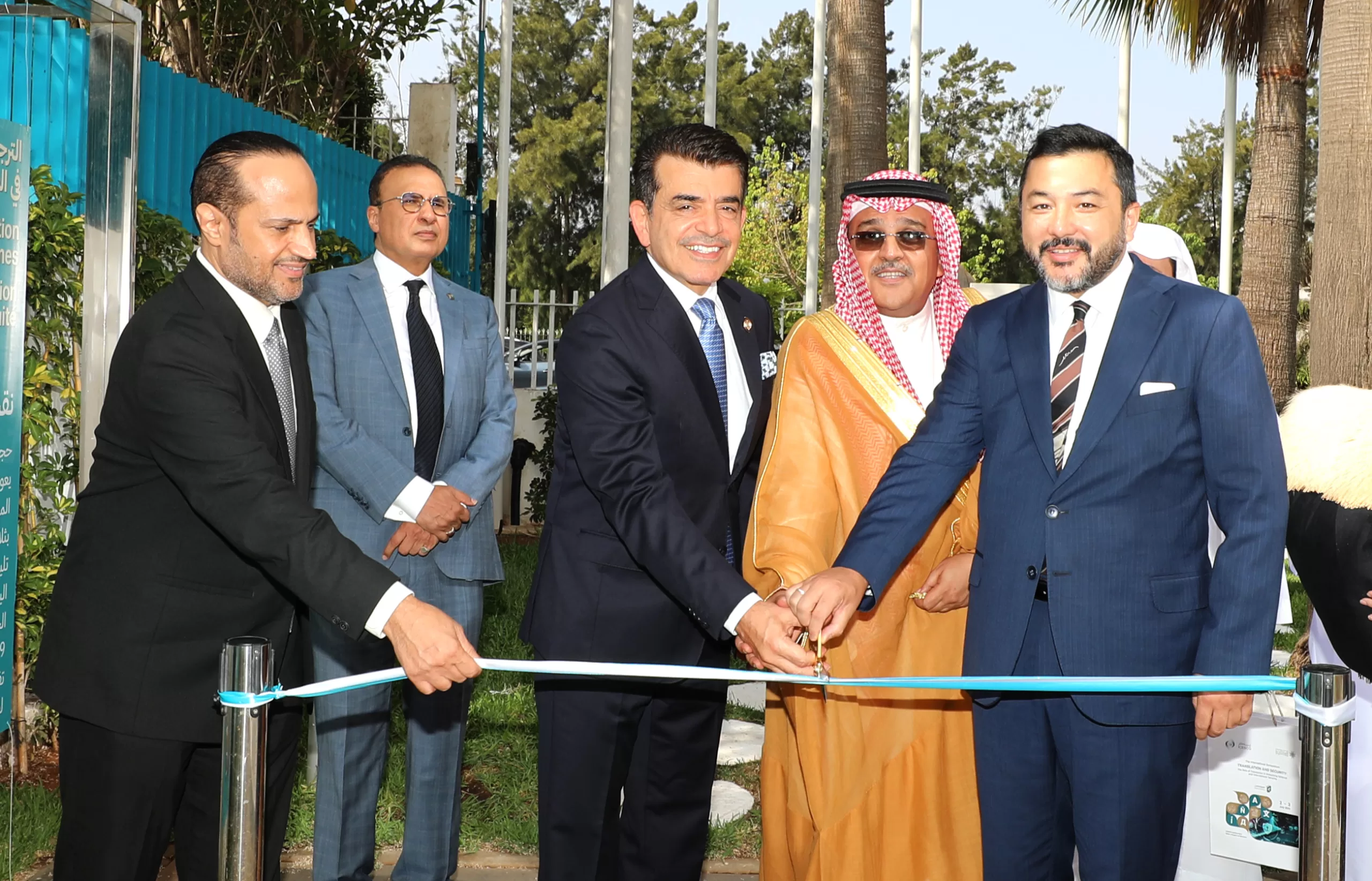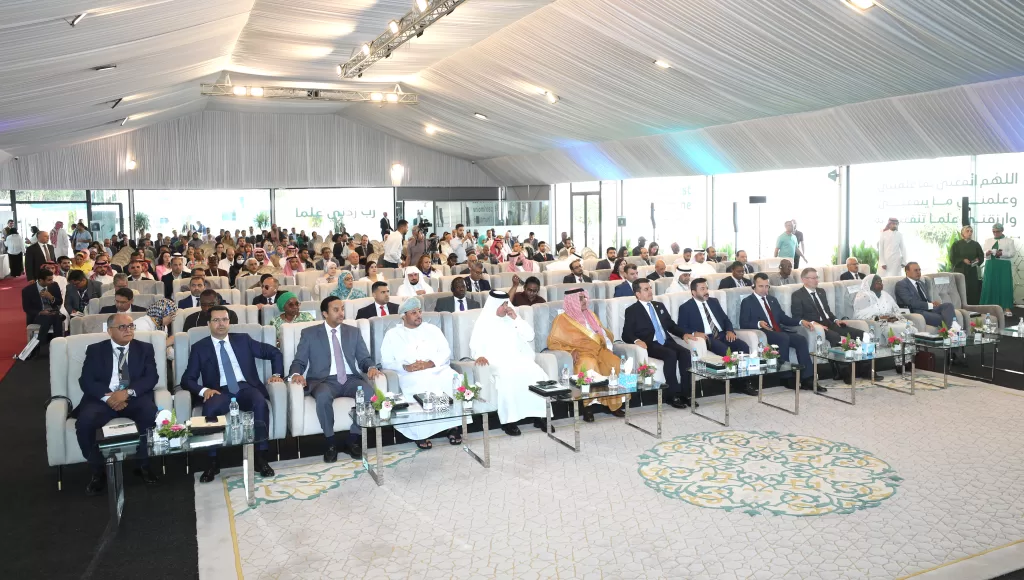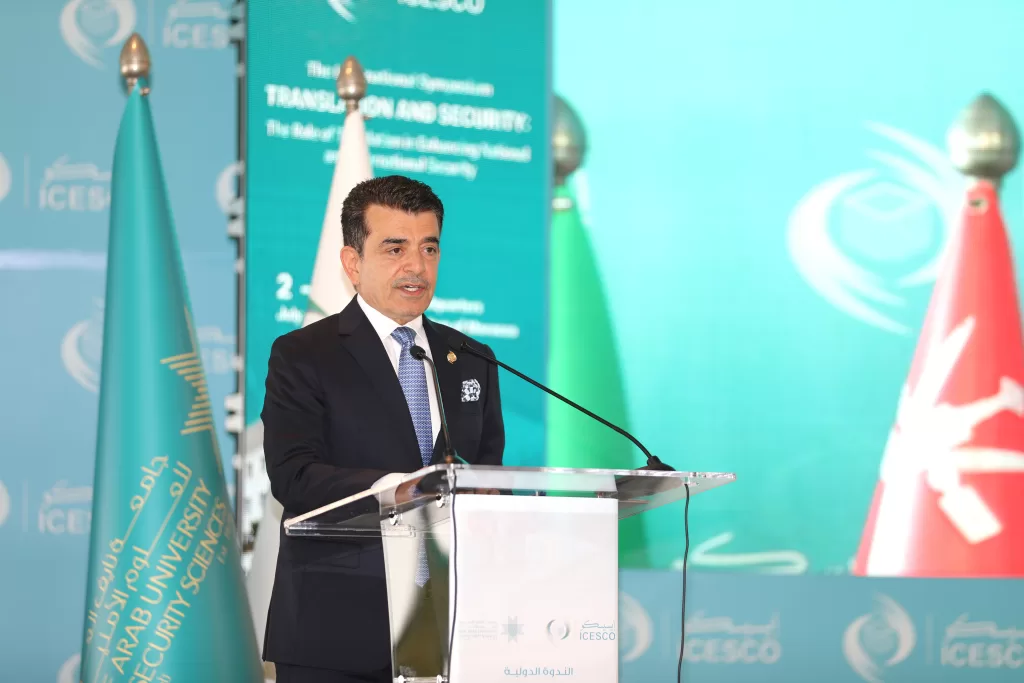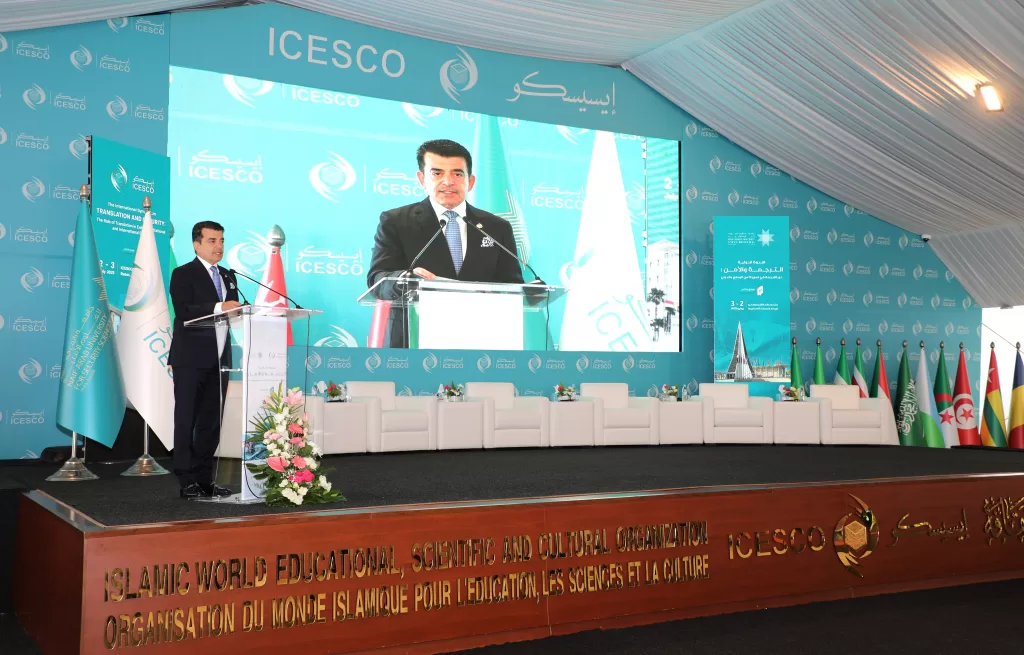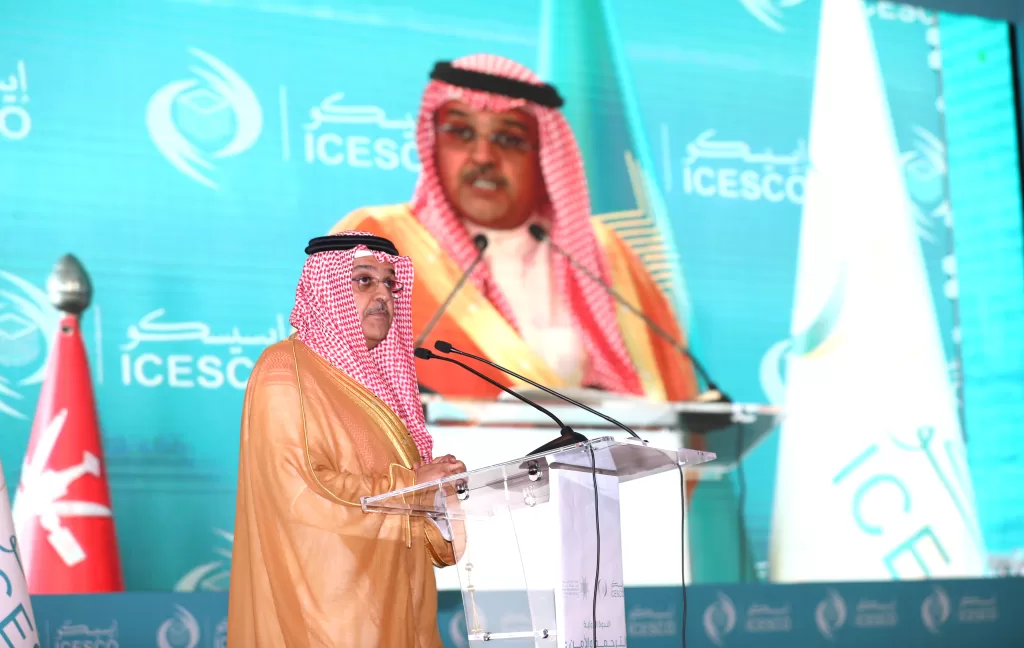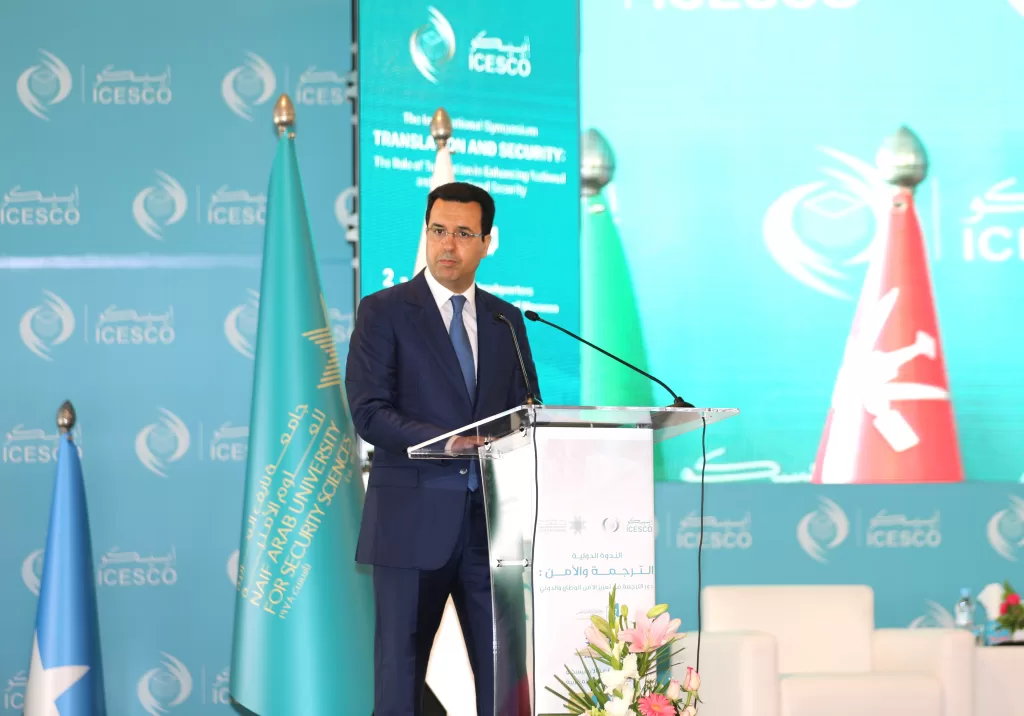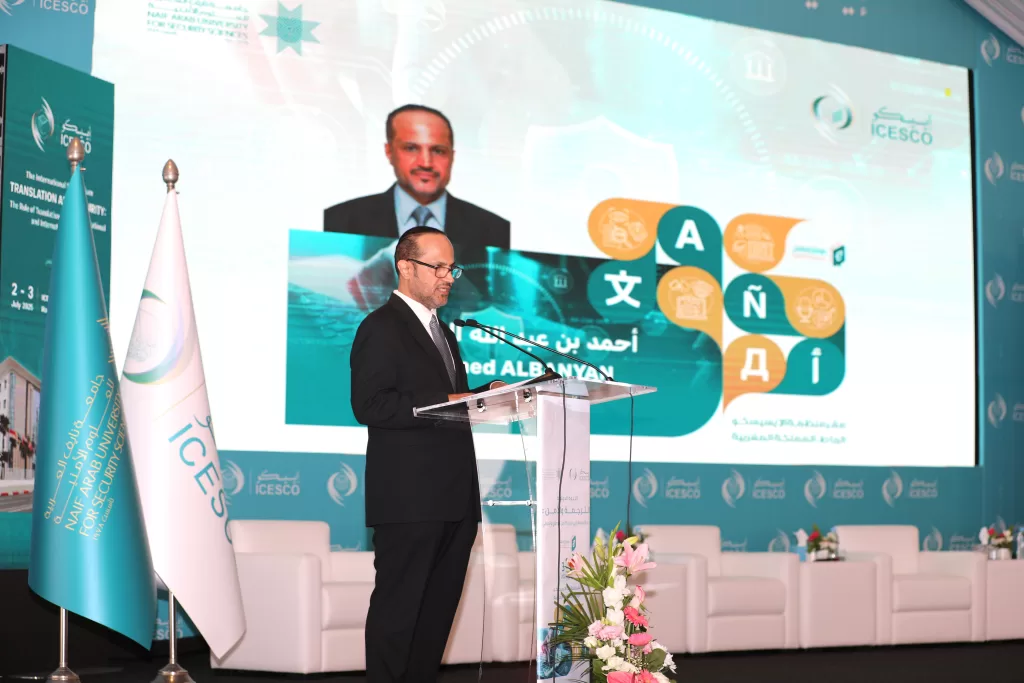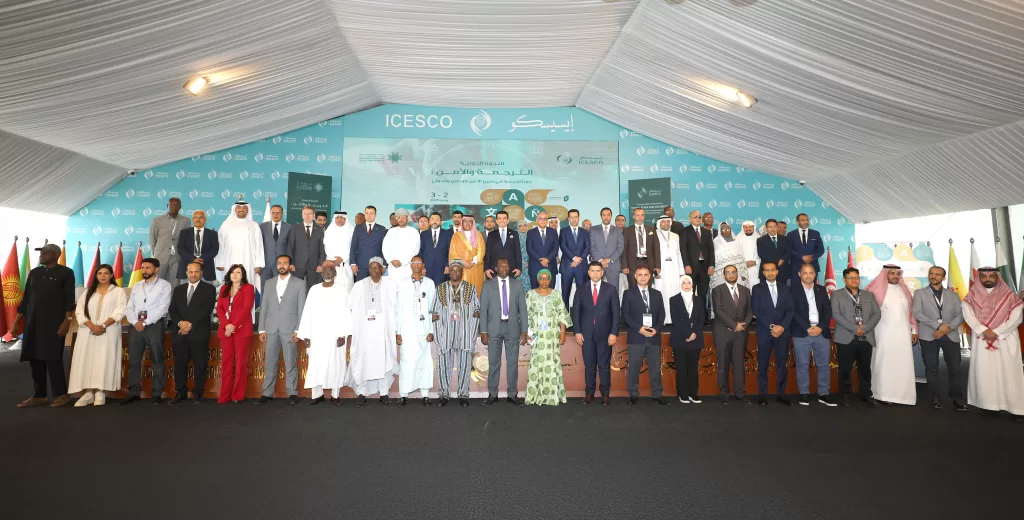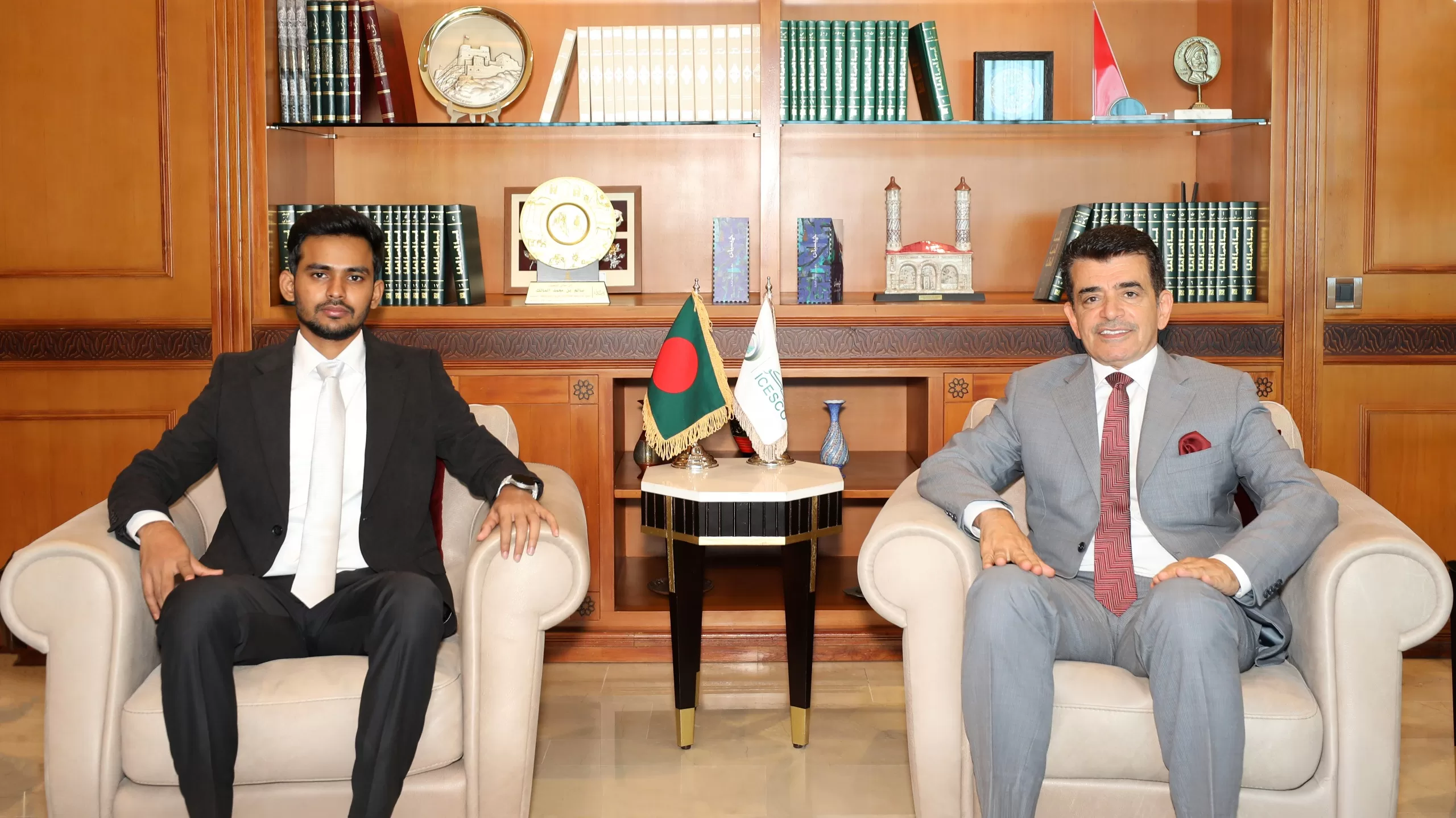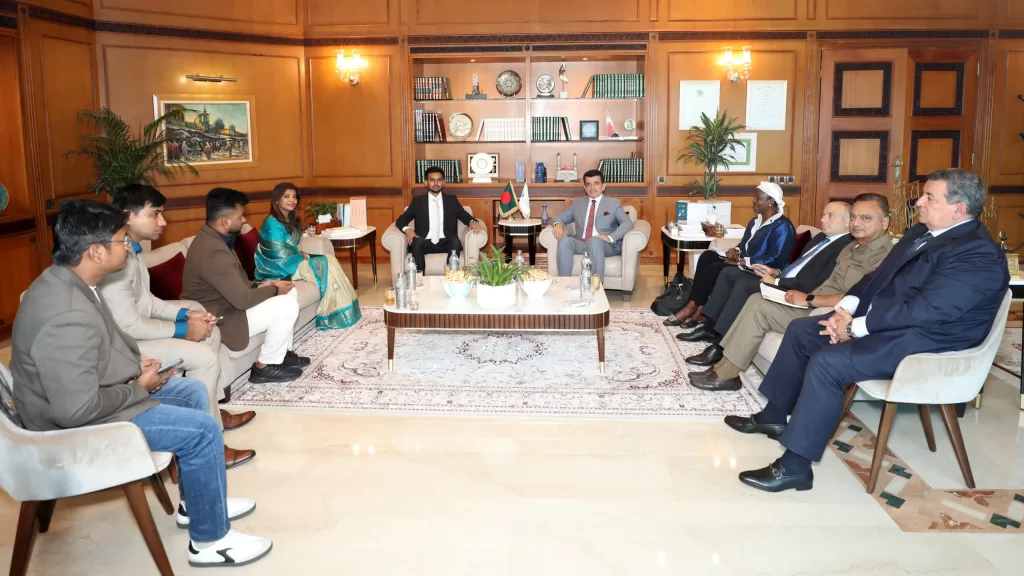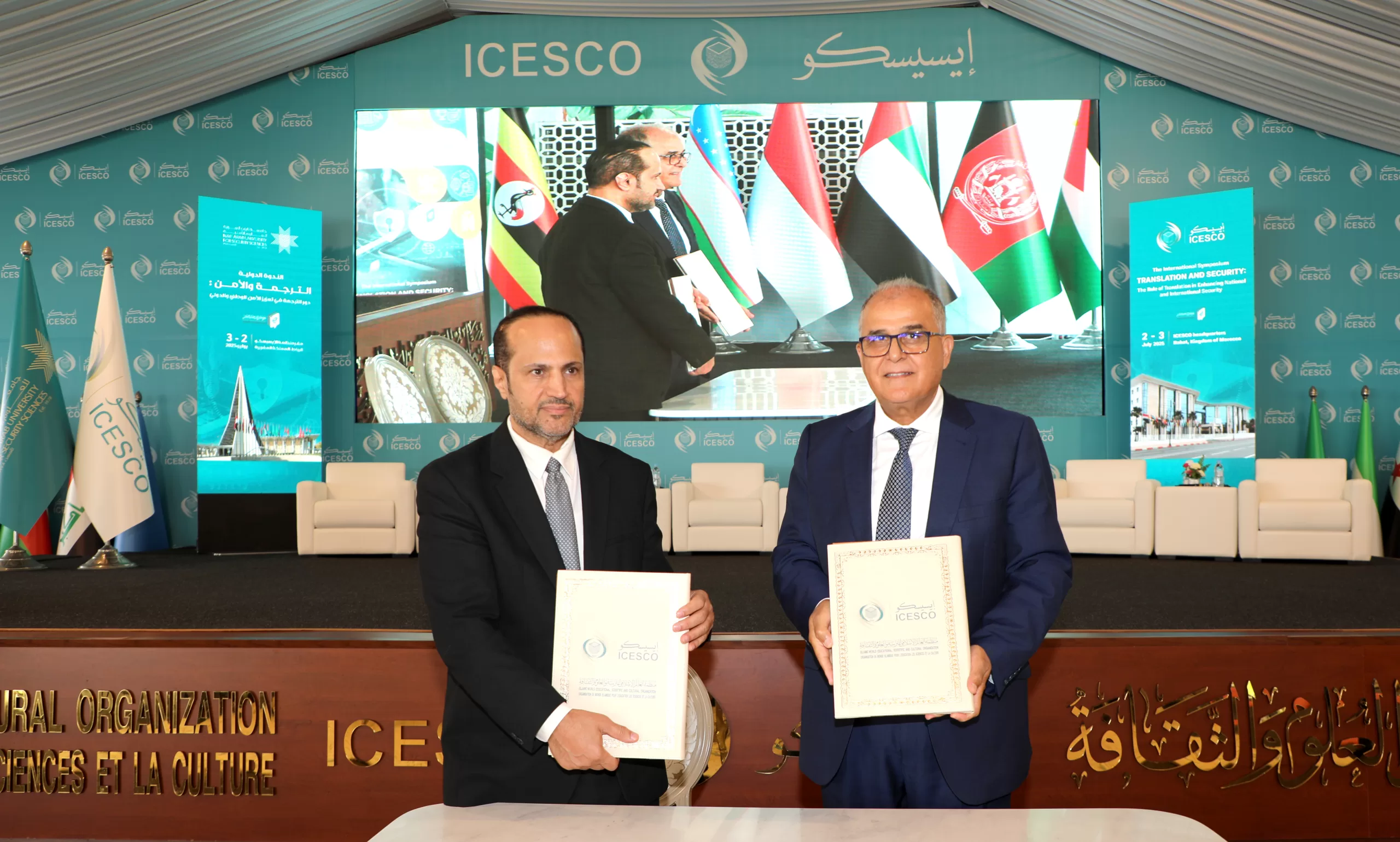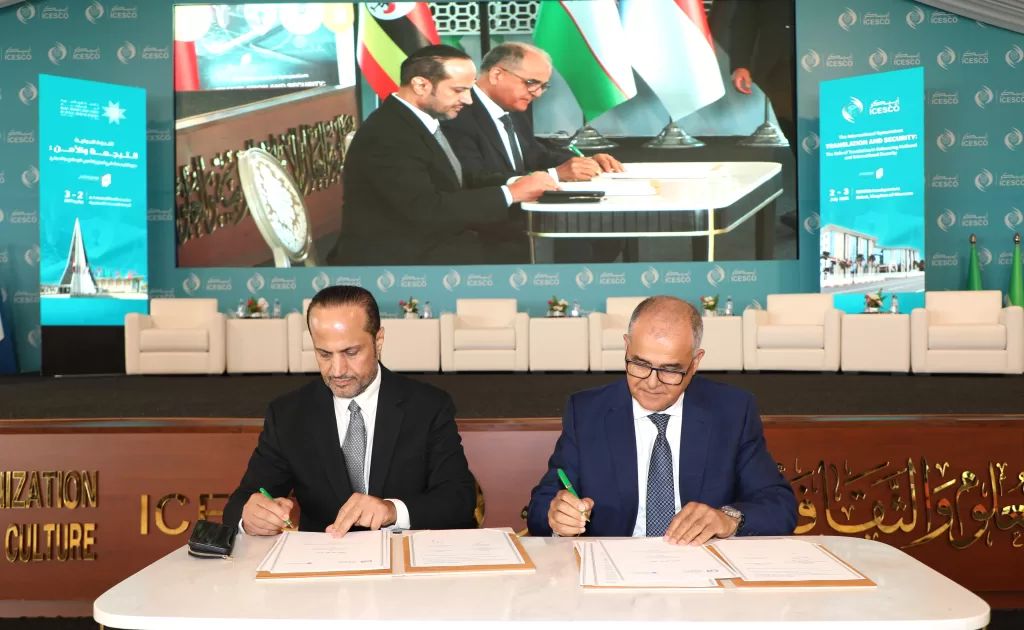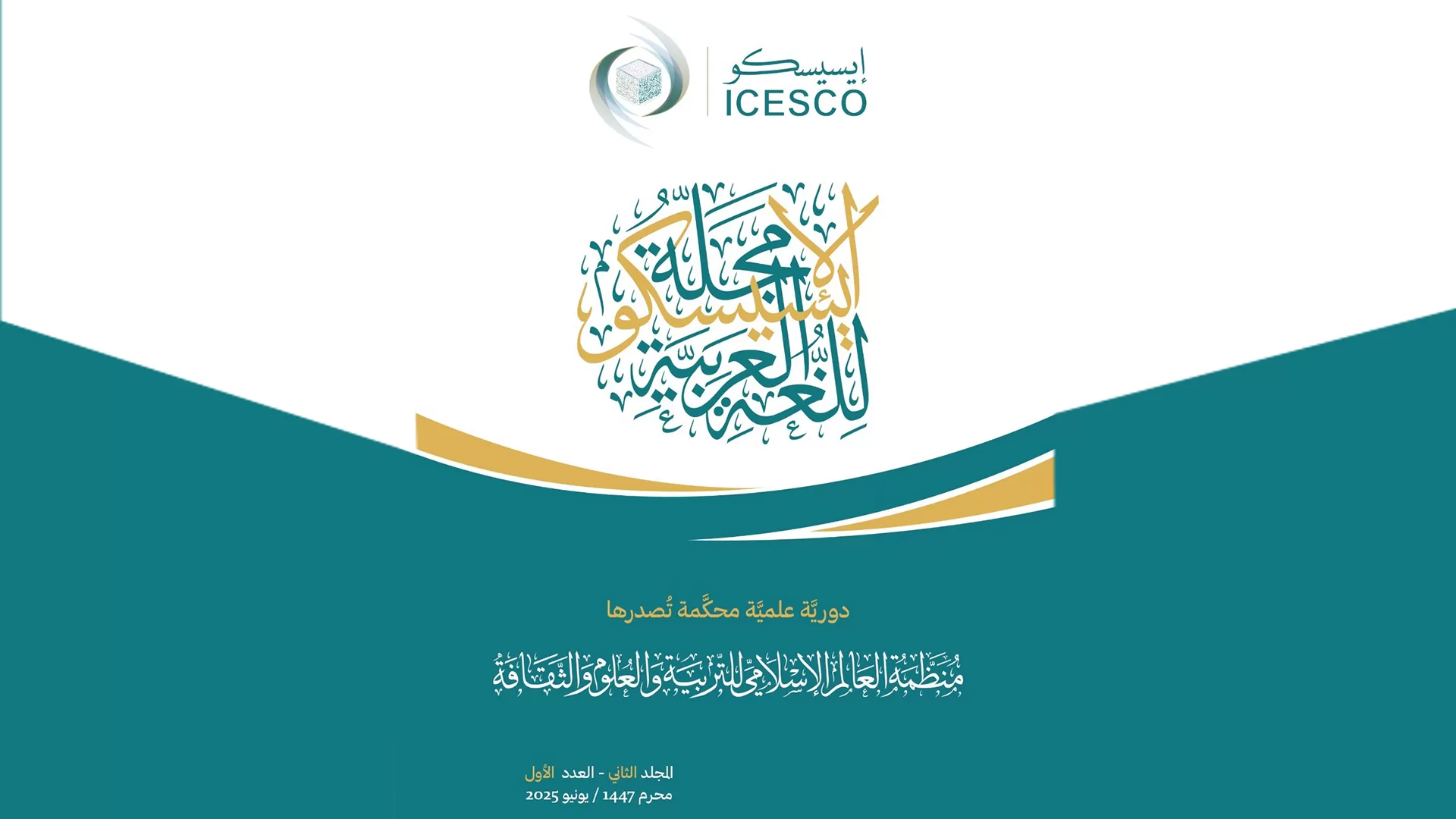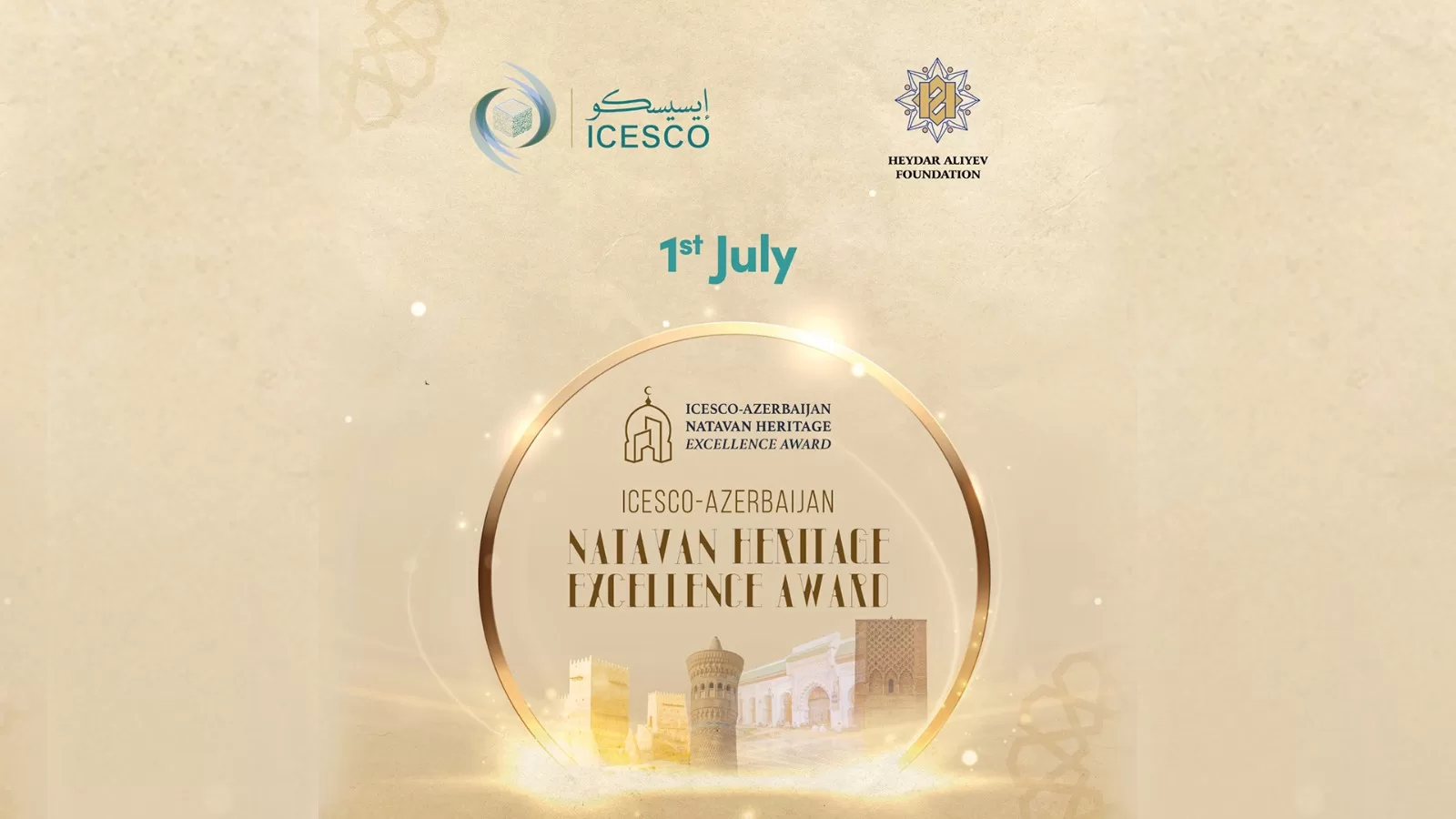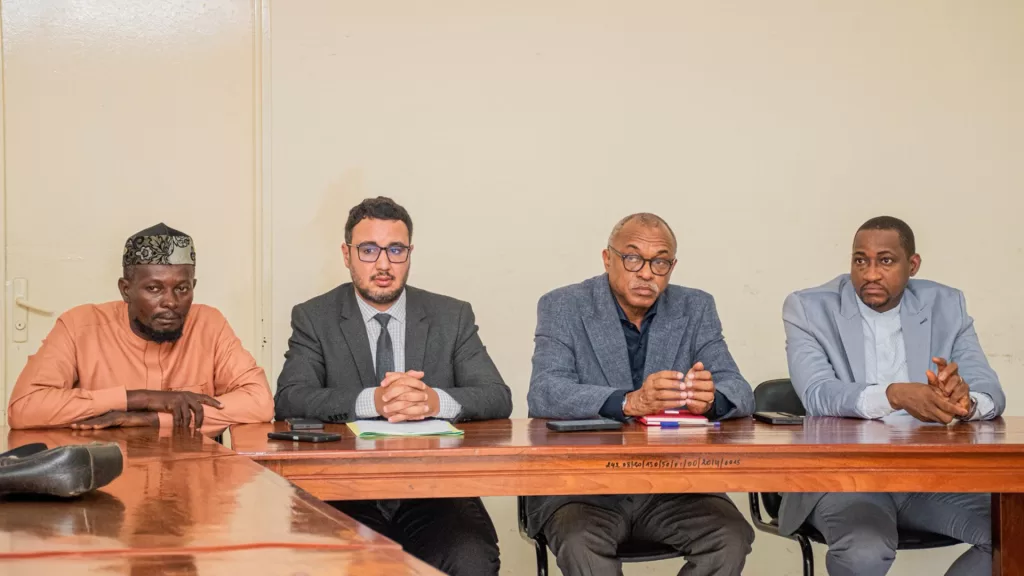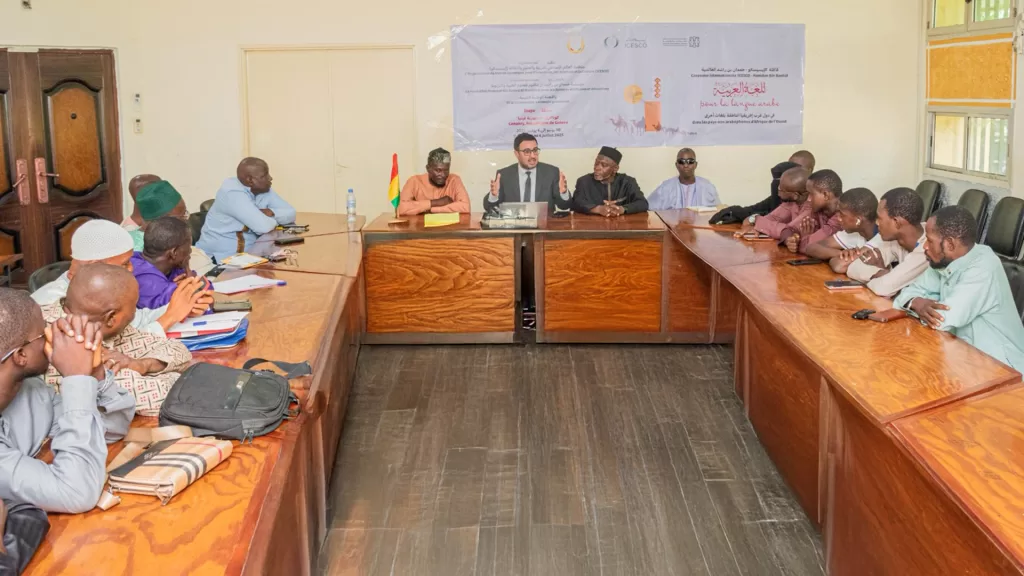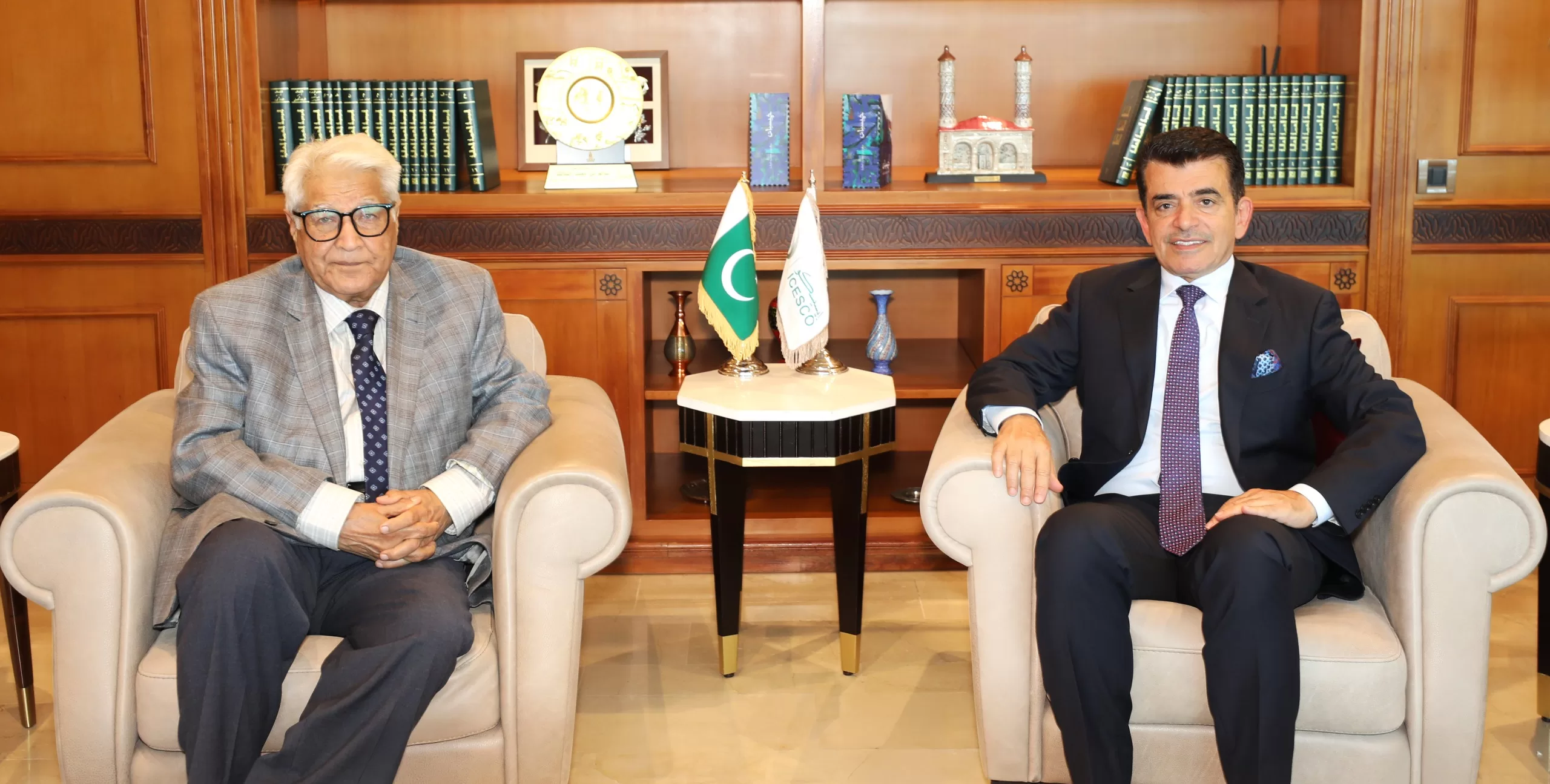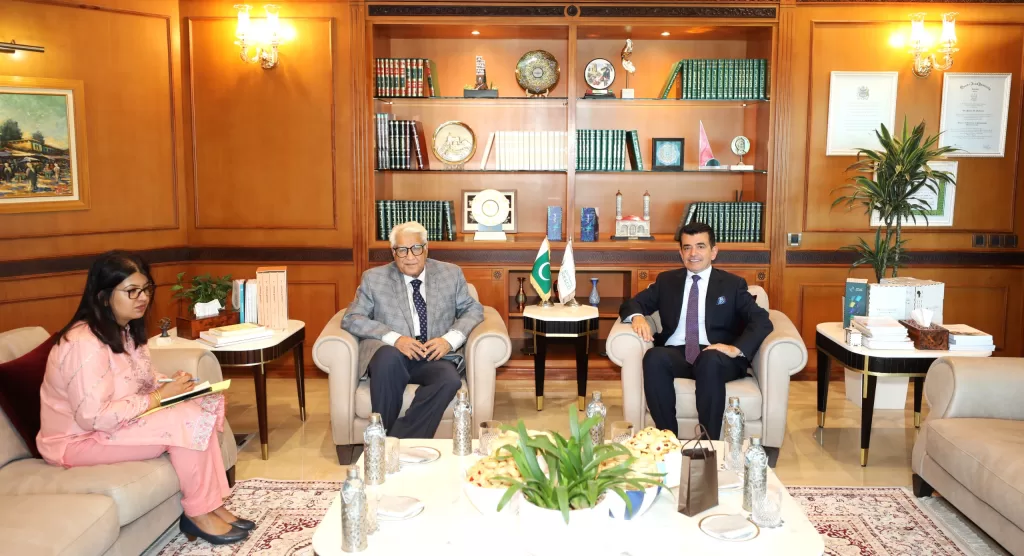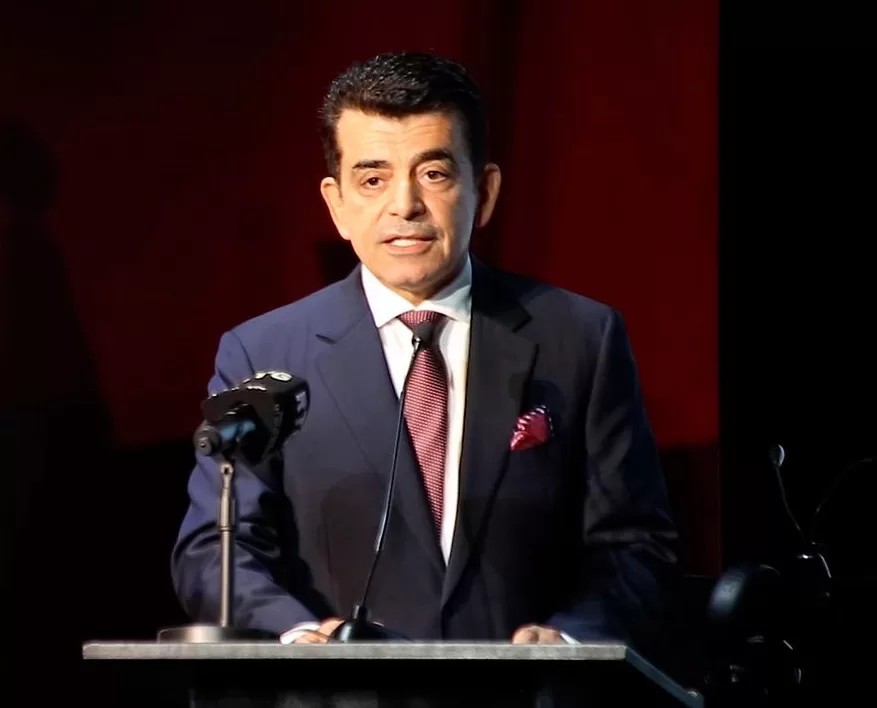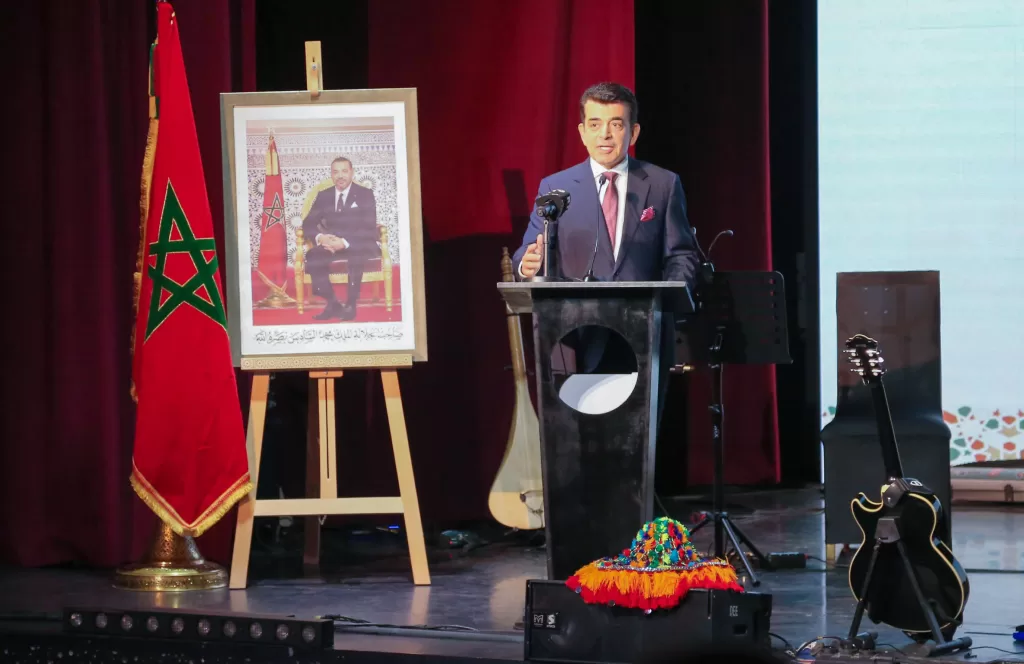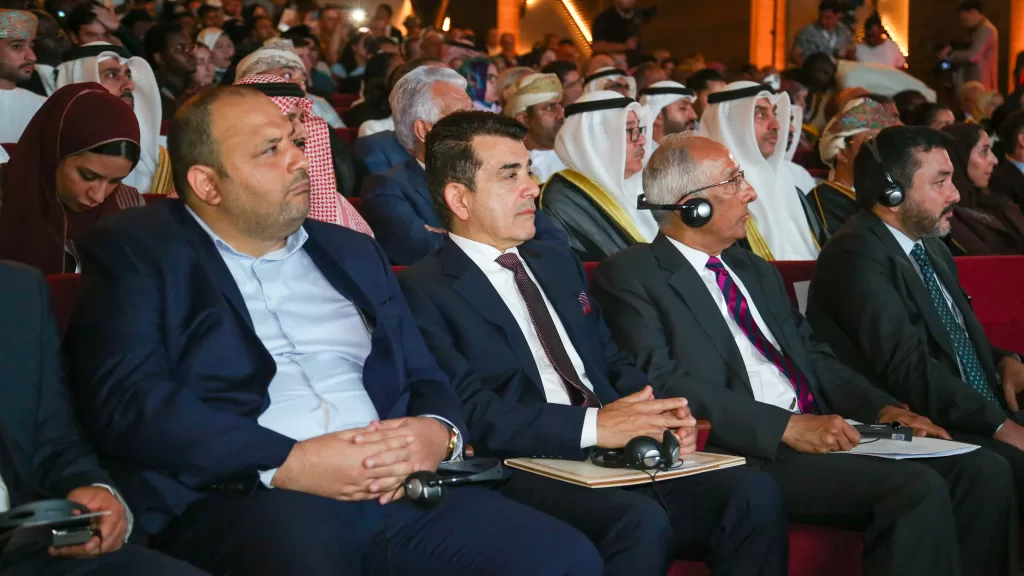Dr. Salim M. AlMalik, Director-General (DG) of the Islamic World Educational, Scientific and Cultural Organization (ICESCO), received Mr. Li Changlin, Ambassador of the People’s Republic of China to the Kingdom of Morocco. The two parties discussed ways to promote partnership between ICESCO and China, the prospects of organizing several joint initiatives, and arrangements for the participation of ICESCO’s delegation, led by Dr. AlMalik, in the Ministerial Meeting on Civilizational Dialogue, to be held on July 10-11, 2025, in Beijing.
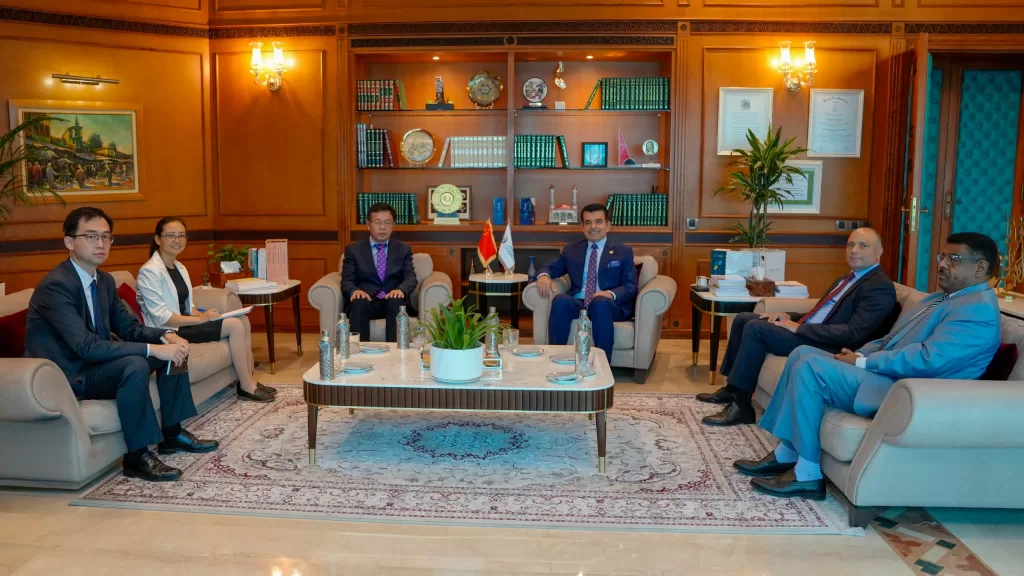
During this meeting, held on Thursday, July 3, 2025, at ICESCO’s headquarters in Rabat, Dr. AlMalik commended the flourishing partnership between the Organization and China, emphasizing that ICESCO’s openness to non-Member States contributes to strengthening cooperation between these countries and the Islamic world. He explained that the upcoming meeting in Beijing will include a visit to Shaanxi Province, renowned for its historical significance, rich cultural heritage, and pioneering institutions in the development of advanced technological industries.
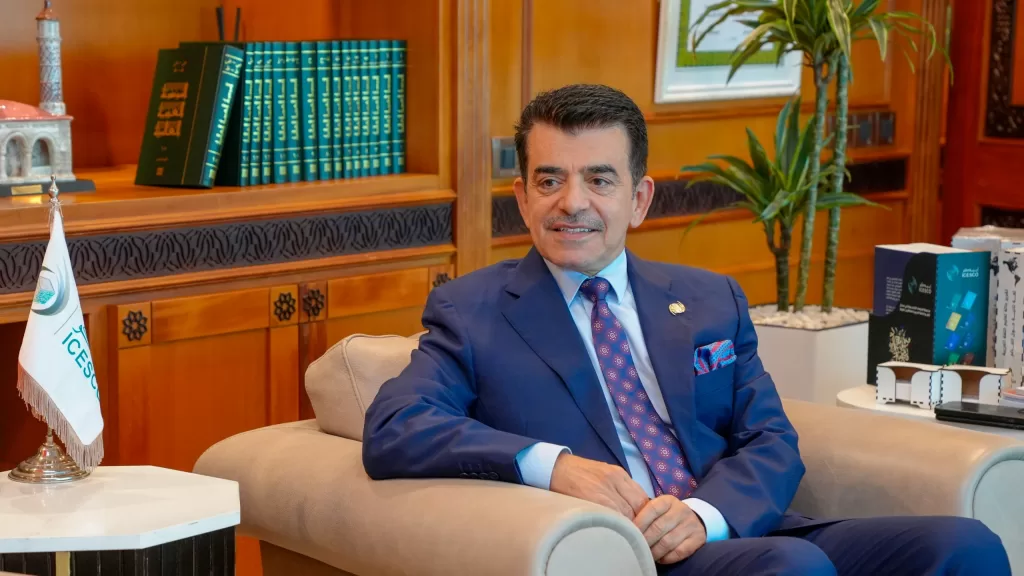
The DG also thanked his guest for extending the invitation to him and the ICESCO delegation to take part in this grand event. He emphasized that the theme of the ministerial meeting, “Protecting the Diversity of Human Civilizations for Global Peace and Development,” aligns with the Organization’s vision of promoting civilizational dialogue, cultural diversity, and mutual understanding among peoples. He further noted that it also corresponds with its educational and cultural initiatives aimed at consolidating peace in the Member States.
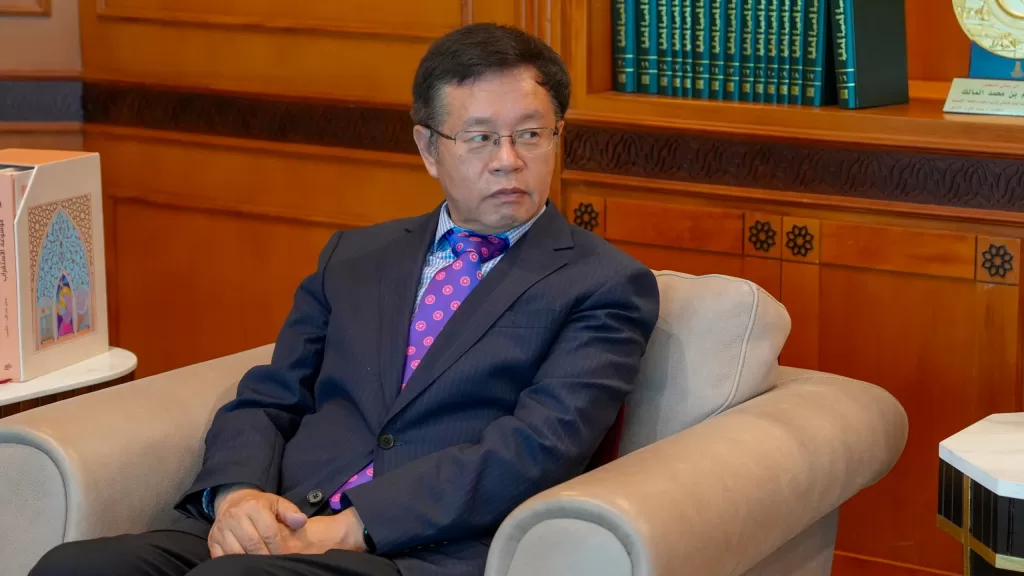
For his part, the Chinese Ambassador reaffirmed that ICESCO’s participation in this event will reflect its efforts to promote dialogue of civilizations and will provide an opportunity to exchange best practices in this field. He added that it will introduce the relevant Chinese authorities to the Organization’s activities and role across its various fields of competence.
The discussion covered the joint organization of scientific conferences and the preparation of Chinese cultural days at ICESCO’s headquarters to strengthen the rapprochement between China and the Islamic world, in addition to helping young people from the Islamic world learn the Chinese language.
